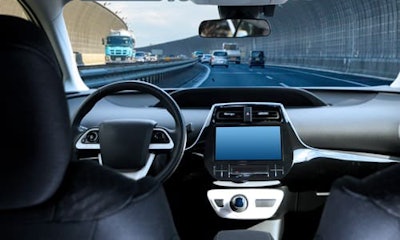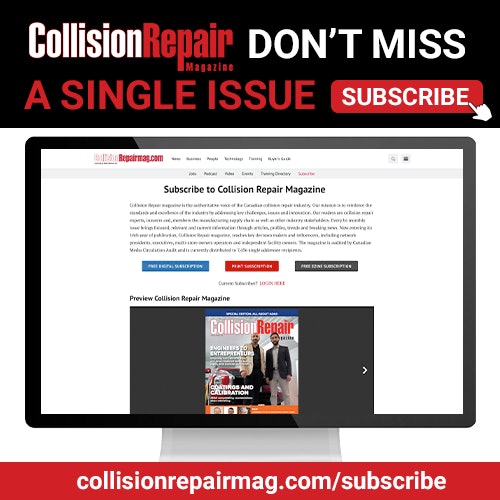
The percentage of millennial drivers too afraid to ride in a fully self-driving vehicle has jumped from 49 percent to 64 percent since late 2017.
By CRM Staff
Toronto, Ontario — May 24, 2018 — Following high-profile incidents involving autonomous vehicle (AV) technologies, a new report from AAA’s multi-year tracking study indicates that consumer trust in these vehicles has eroded. Today, three-quarters (73 percent) of American drivers report they would be too afraid to ride in a fully self-driving vehicle, up significantly from 63 percent in late 2017. Additionally, two-thirds (63 percent) of U.S. adults report they would feel less safe sharing the road with a self-driving vehicle while walking or riding a bicycle.
“Despite their potential to make our roads safer in the long run, consumers have high expectations for safety,” said Greg Brannon, AAA’s director of automotive engineering and industry relations. “Our results show that any incident involving an autonomous vehicle is likely to shake consumer trust, which is a critical component to the widespread acceptance of autonomous vehicles.”
Surprisingly, AAA’s latest survey found that millennials – the group that has been the quickest to embrace automated vehicle technologies – were the most impacted by these incidents. The percentage of millennial drivers too afraid to ride in a fully self-driving vehicle has jumped from 49 percent to 64 percent since late 2017, representing the largest increase of any generation surveyed.
“While autonomous vehicles are being tested, there’s always a chance that they will fail or encounter a situation that challenges even the most advanced system,” said Megan Foster, AAA’s director of federal affairs. “To ease fears, there must be safeguards in place to protect vehicle occupants and the motorists, bicyclists and pedestrians with whom they share the road.”
AAA supports thorough testing of AV technologies as they continue to evolve, including testing under progressively complicated driving scenarios and under varying conditions, but not at the expense of safety. Additionally, to help prevent the accidental misuse of the systems, AAA advocates for a common sense, common nomenclature and classification system and similar performance characteristics of future autonomous vehicle technologies.
“There are sometimes dozens of different marketing names for today’s safety systems,” continued Brannon. “Learning how to operate a vehicle equipped with semi-autonomous technology is challenging enough without having to decipher the equipment list and corresponding level of autonomy.”
To help educate consumers on the effectiveness of emerging vehicle technologies, AAA is committed to the ongoing, unbiased testing of automated vehicle technologies. Previous testing of automatic emergency braking, adaptive cruise control, self-parking technology and lane keeping systems has shown both great promise and great variation. Future AAA testing will look at how well systems work together to achieve higher levels of automation.
For more information, visit AAA.com.






















